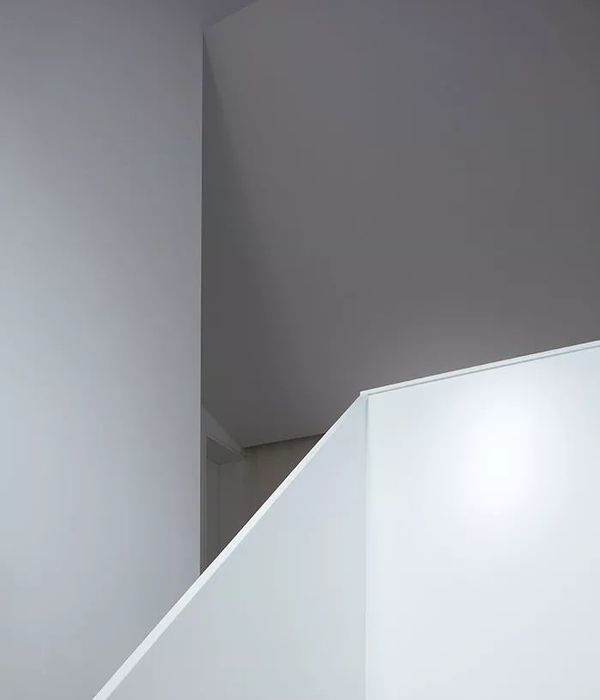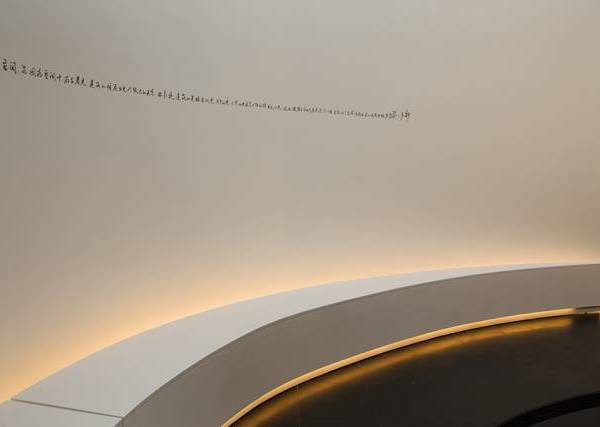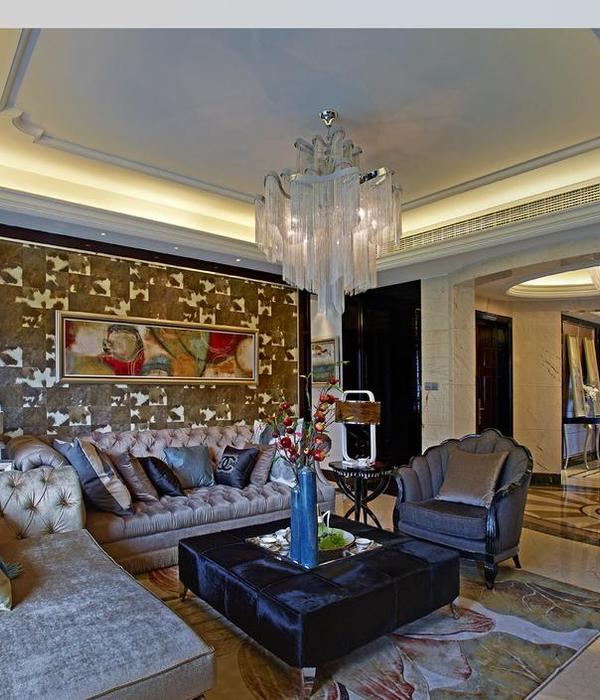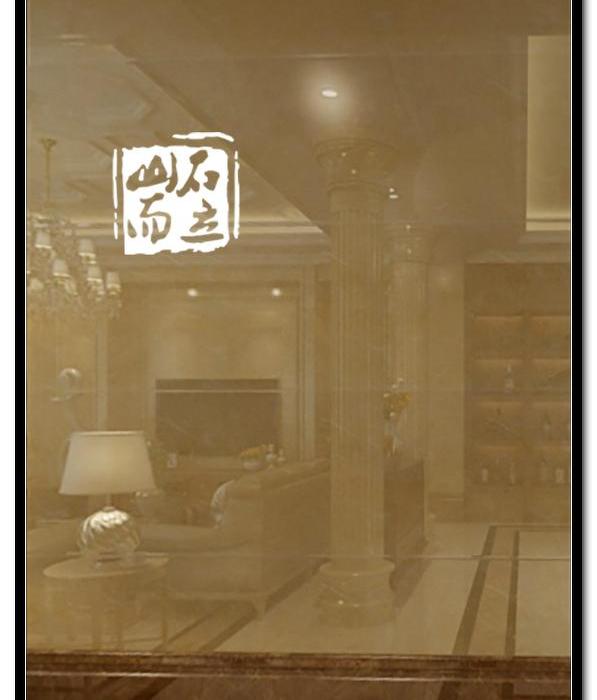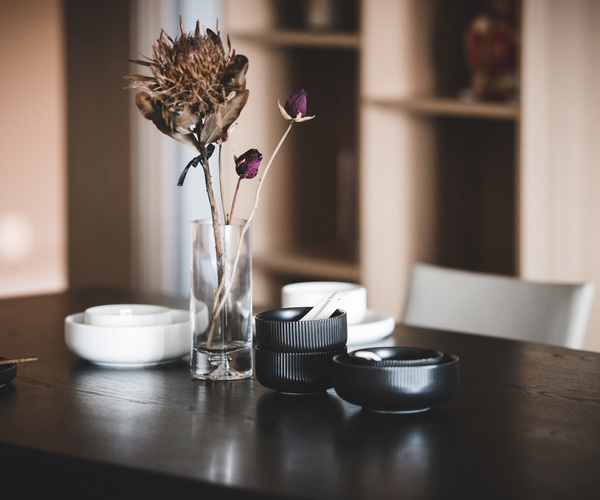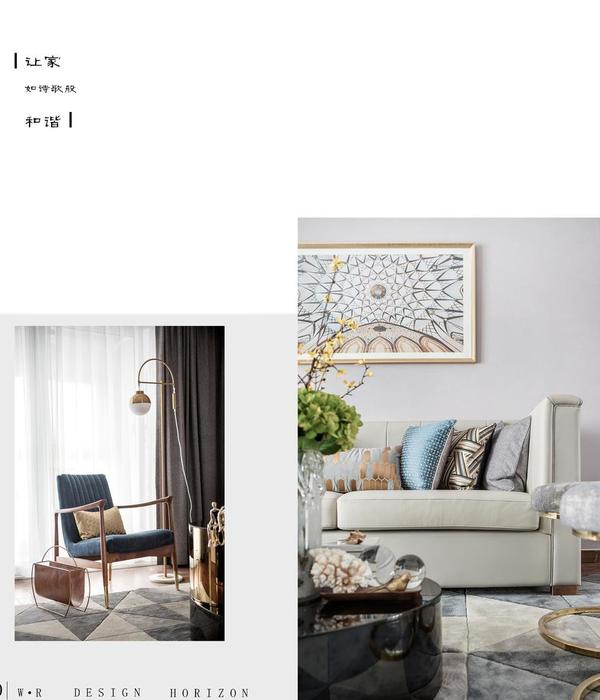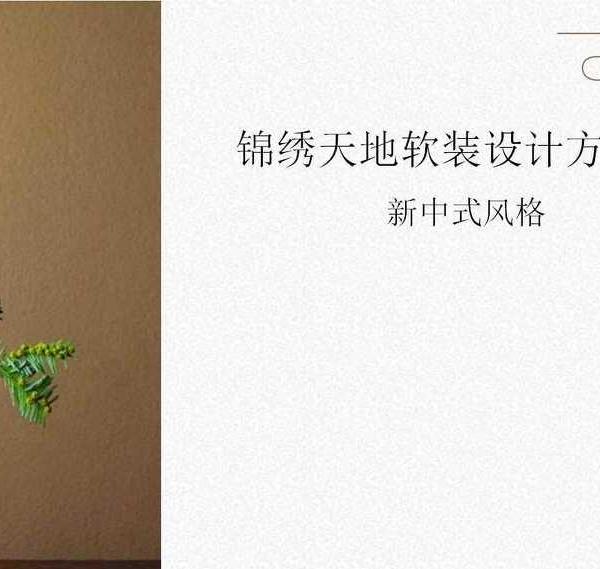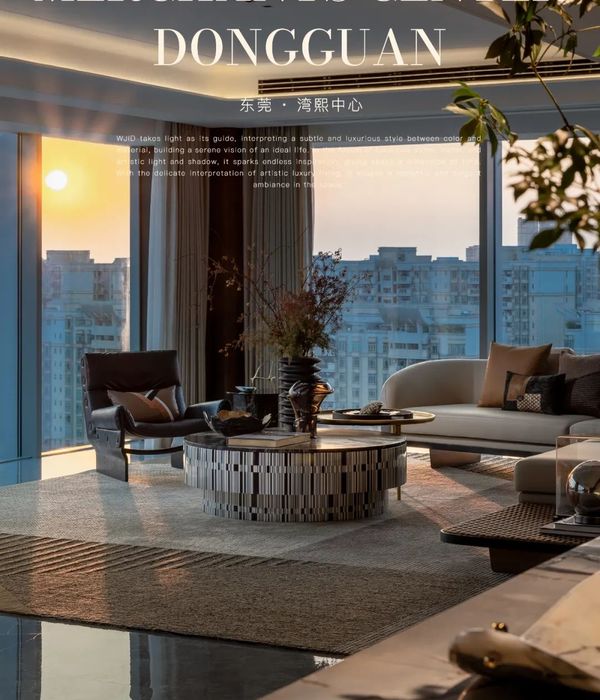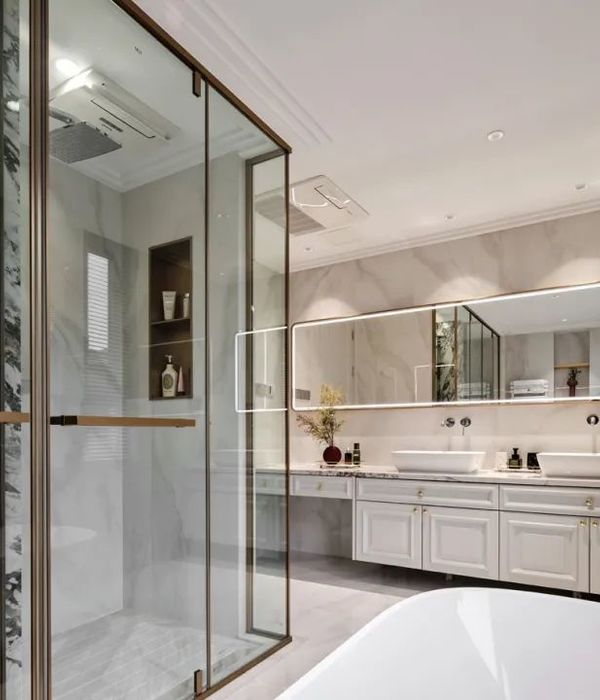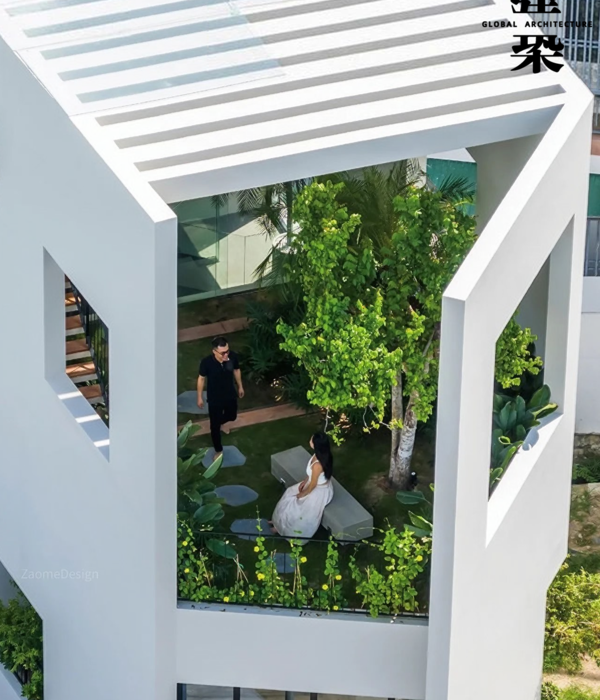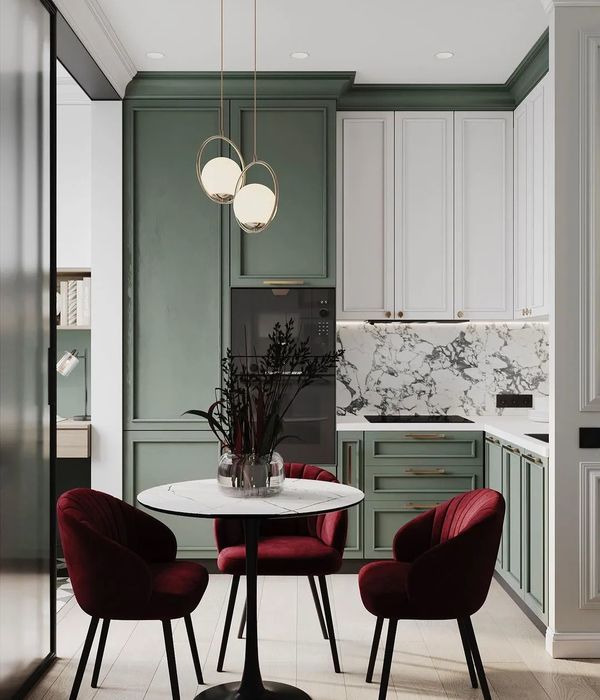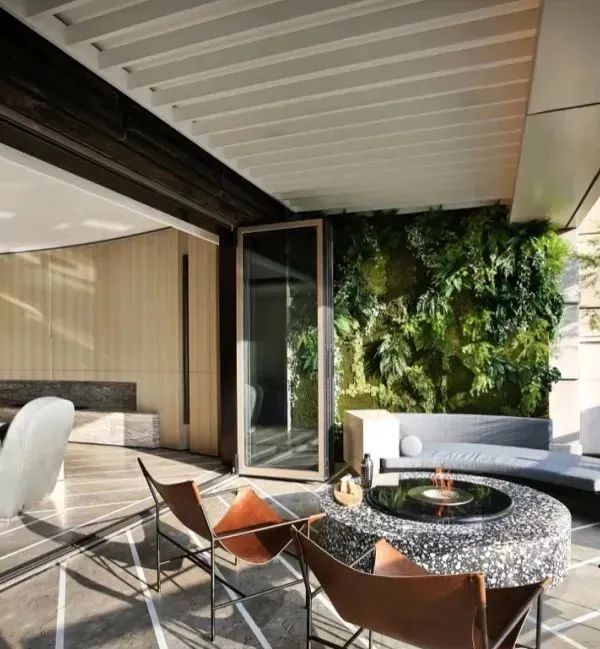In July 2018 UNStudio was selected to put together a team in order to translate the ideas for the Brainport Smart District into a spatial plan. The resulting urban vision was created in a collaboration between UNStudio (project lead and urban planning) and Felixx Landscape Architects & Planners, (ecology and landscape), Metabolic (Circularity and climate adaptation), Habidatum (data analysis) and UNSense (Data and technology strategy).
-----------
UNStudio has designed the urban vision for ‘The Smartest Neighbourhood in the World’, which is currently being developed in Helmond’s Brandevoort District in the Netherlands. Rather than as a pre-determined fixed plan, UNStudio’s urban vision describes a flexible grid that is developed per the users’ demand.
The new neighbourhood is planned based on the latest insights and techniques in the areas of circularity, participation of (future) inhabitants, social cohesion and safety, health, data, new transport technologies and independent energy systems. All of these facets will contribute to the creation of a sustainable and unique living environment: Brainport Smart District (BSD). In July 2018 UNStudio was selected to put together a team in order to translate the ideas for the Brainport Smart District into a spatial plan. The resulting urban vision was created in a collaboration between UNStudio (project lead and urban planning) and Felixx Landscape Architects & Planners, (ecology and landscape), Metabolic (Circularity and climate adaptation), Habidatum (data analysis) and UNSense (Data and technology strategy).
Over the next ten years the Brainport Smart District will develop 1,500 new homes and 12 hectares of business premises. The development will be characterised by the application of the latest technologies and knowledge in order to achieve a sustainable, circular and socially cohesive neighbourhood that enjoys joint energy generation, food production, water management, joint digital data management and revolutionary transport systems.
BSD will be a ‘living lab’: a mixed residential neighborhood organised around a central park and surrounded by business spaces and natural reserves. The district aims to develop a new relationship between buildings and landscape, whereby both strengthen each other qualitatively. The landscape is used as a productive environment for food, energy, water, waste processing and biodiversity.
Unlike most developments however, BSD will not be designed first and built afterwards. Instead, design and construction will go hand in hand with step-by-step development. This new district aims to contribute to the creation of a sustainable and unique living concept, one which embraces experimentation and ‘learning by doing’.
{{item.text_origin}}

